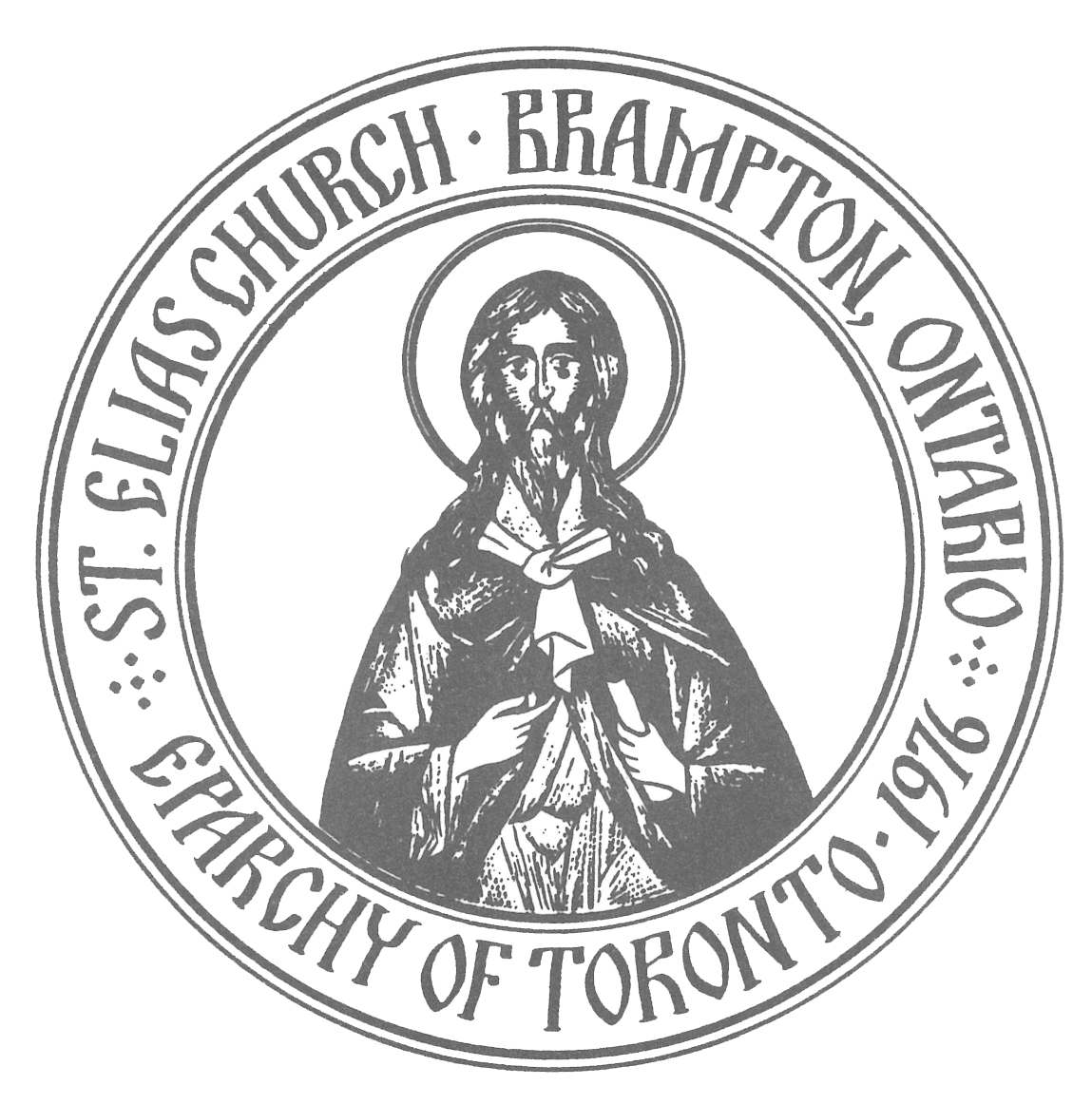THE DIVINE SERVICES
A central part of Christian Life is our Liturgical Prayer. Liturgy and Worship are existential constituents in human beings. Worship is the natural human response to any kind of encounter with the Divine encounter.
"While He [the Risen Christ] was blessing them, He left them and was taken up into heaven. Then they worshiped him and returned to Jerusalem with great joy. And they stayed continually at the temple, praising God." (Luke 24: 51-53)
"Therefore, since we are receiving a kingdom that cannot be shaken, let us be thankful, and so worship God acceptably with reverence and awe, for our God is a consuming fire."(Hebrews 12:28-29)
The Orthodox Liturgical Tradition
In the Papal Encyclical, Orientale Lumen, Pope John Paul II proclaimed:
“Liturgical prayer in the East shows a great aptitude for involving the human person in his or her totality: the mystery is sung in the loftiness of its content, but also in the warmth of the sentiments it awakens in the heart of redeemed humanity.
In the sacred act, even bodiliness is summoned to praise, and beauty, which in the East is one of the best loved names expressing the divine harmony and the model of humanity transfigured, appears everywhere: in the shape of the church, in the sounds, in the colours, in the lights, in the scents.
The lengthy duration of the celebrations, the repeated invocations everything expresses gradual identification with the mystery celebrated with one's whole person. Thus the prayer of the Church already becomes participation in the heavenly liturgy, an anticipation of the final beatitude."
Our worship not only helps to unite us with God, but it in itself proclaims the Gospel - as the old Latin adage says: "lex orandi - lex credendi", meaning both "how we pray is how we believe", i.e. the manner of our worship shows what our Faith is.
The term "Orthodox" literally means "right - glory". This means both: correct worship and correct belief. Indeed the very foundation and establishment of our Church, our Church's "conversion story" is based on our finding God through our experience of liturgical worship. We chose to follow the Christ because we found, as we found nowhere else, the presence of God in the Divine Services as celebrated at Hagia Sophia in Constantinople. (Cf. the story of Prince Volodymyr's Conversion) And it is from missionaries from our mother Church of Constantinople-New Rome that we have received the sacred Orthodox Tradition and spirituality.
Thus the Orthodox Tradition, in its fullness, especially the Orthodox liturgical Tradition is our patrimony and the idiom of our Faith. This is the Tradition we have been given by God for our salvation. This is the Tradition we have "inherited from the Apostles through the Fathers"
Orthodoxy in the Catholic Communion
The Ecumenical Council of Vatican II calls us back to our Orthodox Tradition. The Council specifies that..in the rites and disciplines...whenever they have fallen short, they are to strive to return to their ancestral traditions. (Canon Law, Instructions, art. 12)
Thus at our parish, in obedience to the Church, we do our best to be faithful to our Orthodox Tradition, both in Liturgics and in Faith.The Articles of Union between our Churches and the Church of Rome are quite explicit: that the divine worship and all prayers and services of Orthros, Vespers, and the night services shall remain intact (without any change at all) for us according to the ancient custom of the Eastern Church... (Brest-Litovsk, art. 2)
Canon Law makes clear the Mandate from the Apostolic See:
“The firm attitude held by the Apostolic See... asking the Eastern Churches in full communion with it to have the courage to rediscover the authentic traditions of their own identity, restoring the original purity where necessary...the practice of the Orthodox should be taken into account, knowing it, respecting it and distancing from it as little as possible so as not to increase the existing separation, but rather intensifying efforts in view of eventual adaptations, maturing and working together.
(Congregation for Eastern Churches: Instructions for the Application of the Liturgical Prescriptions of the Code of Canons of the Eastern Churches. art. 21)
The Mission of the Eastern Churches
One of the most central reasons the Church commands us to be scrupulously obeservant of our Orthodox Tradition, is the Mission which the Church has entrusted to our Churches, that of reconciliation with our Orthodox Mother Churches and the re-establishment of sacred Communion with them.
Everyone should realize that it is of supereme importanance to perserve and foster the rich liturgical and spiritual heritage of the Eastern Churches in order faithfully to perserve the fullness of Christian tradition, and to bring about reconciliation between Eastern and Western Christians" (Vatican II, Unitatis Redintegratio, 15)
Through Worship and Beauty, is found the True God. Volodymyr, Great Prince of Rus, sent out emissaries to find the true faith. They went east and west, north and south and found no faith, ....until they arrived in Constantinople. They returned to Kyiv and reported to the Prince what happened there in the great Cathedral of Holy Wisdom:
"They took us where they worshipped their God, and we did not know whether we were in heaven or upon earth, for there is not upon earth such sight or beauty. This much we do know, that there, God lives among men, and we can never forget that beauty..."
